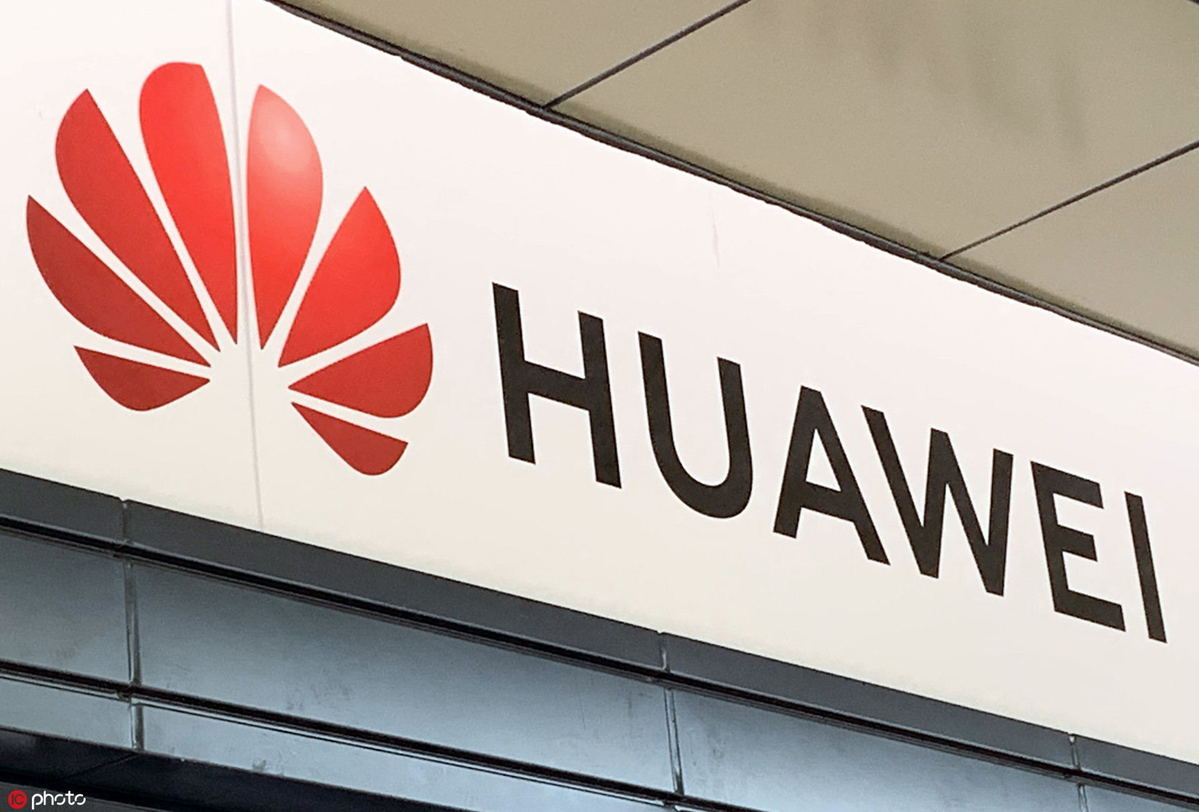Holding Huawei hostage won't pay off: China Daily editorial
China Daily | Updated: 2019-08-18 18:44

Early this week, Washington will review its decision on Huawei as scheduled. It put the company on its export-control list on May 15, delaying the restrictions for three months from May 21.
Although it might be the US suppliers of Huawei that care more about the outcome than the Chinese telecommunications giant itself, the US should not try to hold Huawei hostage to try and force China into agreeing to an unfair trade deal.
Huawei is confident that no power can hold back the pace with which the world will step over the threshold into the 5G era and equally sure of its leadership advantages in that technology, which come from its innovation and foresight. It spends about $20 billion a year on research and development, and it has reportedly already begun research on the next generation 6G telecommunications technology.
Its profitability has endowed its vision with practical meaning. In the first half of this year, its sales revenue reached 401.3 billion yuan ($57 billion), up 23.2 percent year-on-year, realizing a net profit of about $5 billion — last year the company’s annual net profit was about $8.4 billion.
Indeed, Ren Zhengfei, founder and CEO of Huawei, in his most recent media interview, even thanked the US for letting the world know how good Huawei is.
Despite this, the US government should take the opportunity to rethink its decision on Huawei.
However, all the signs suggest the US will not change its mind. Meng Wanzhou, Huawei’s chief financial officer, is still being detained by Canada at the request of the US, and there has been no indication she will be released.
Therefore, another grace period, should one be forthcoming, will be nothing but a stalling tactic. US National Security Advisor John Bolton said Huawei is a source of “Manchurian chips” during his visit to London early last week showing the US is still trying to prejudice other countries against Huawei.
Yet given the promise the US leader made in his meeting with his Chinese counterpart on the sidelines of the Osaka G20 Summit in Japan in late June that the issue of Huawei would be decided at the very end of the trade talks, it is to be hoped that the US does not go back on his word.
If the US takes Huawei as a bargaining chip in the forthcoming round of trade negotiations with China, it will not be engaging in them with sincerity and respect. If that is the case, the talks will lead nowhere.
























